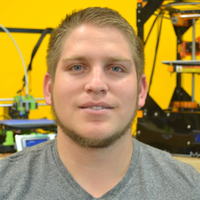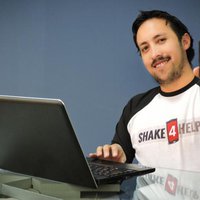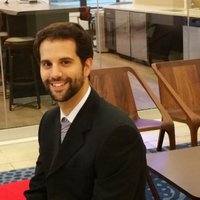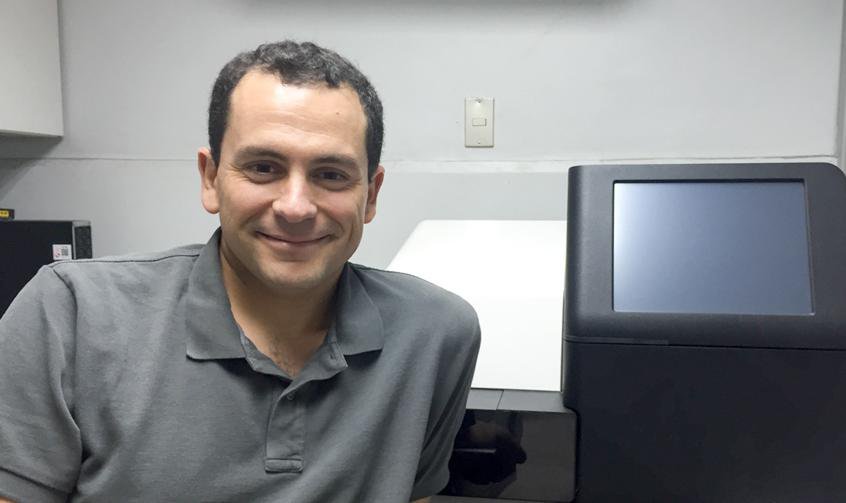"Pinpointing the precise identity of the pathogen responsible for an illness can mark the difference between locating an effective cure and the patients finding themselves subjected to endless treatments that don´t solve the problem. This often happens, for example, with tuberculosis, whose strain is sensitive to certain types of antibiotics but resistant to others. To try to mitigate patients´ suffering, the biochemist Eduardo Castro has developed an algorithm that identifies the microorganisms present in a biological sample through the mass sequencing of the genetic material it contains.
Until now, to precisely identify a bacterial population it is necessary to run tests, which are focused on finding the specific pathogens that the attending physician suspects may be present. Castro´s approach is just the opposite, since it doesn´t require a prior hypothesis regarding the infection; Castro´s analysis identifies all of the microorganisms present in the sample, whether bacterial, viral or fungal. This approach has converted Castro in one of MIT Technology Review, Spanish Edition´s Innovators Under 35 Chile 2016.
A biochemistry graduate from the University of Santiago (Chile), Castro obtained his doctorate at George Washington University (USA). There, he specialized in genetic sequencing biocomputer analysis for the taxonomic identification of microorganisms. The fruit of his doctoral thesis was this algorithm which, given its potential for pathological diagnoses, formed the basis for Aperiomics. Castro´s company has raised over one million dollars in public financing over the past few years.
""It´s become trivial gaining access to genomic sequencing"", Castro says, since the cost of the technical equipment needed has fallen drastically since the first genome was sequenced. In Castro´s opinion, ""Now the difference is in the software"". The competitive advantage of Castro´s development as compared to existing alternatives resides in the processing of the sequences obtained and the statistical treatment that they receive afterwards, which can identify down to the specific strain of the microorganism, a resolution impossible to obtain through other targeted sequencing techniques.
The young entrepreneur explains his proposal: ""Instead of using molecular markers, like ribosomal RNA [a gene whose sequence serves to identify the species], we use the mass sequencing of the entire genome."" The sequences obtained through this process are compared by the algorithm Castro developed with archived sequences from both public databases and Aperiomics´ own, private database, which they update with each case that they analyze. ""This allows us to identify local strains"", he adds.
Aperiomics offers two types of services. The first consists of sending the client (normally hospital pathology labs) the kit for collecting, sequencing and analyzing samples. The price of this service depends on the volume of samples to be analyzed, and range from 200 dollars (about 180 euros) to 1,000 dollars (around 850 euros) per sample. The second service is limited to the taxonomic analysis, for which the client, instead of sending in a sample, provides the sequencing results.
""It is more expensive, but more informative"", Castro points out, and he adds that the prices will continue to come down in line with the falling cost of sequencing. This means that for now, the technique is mostly used in cases in which traditional methods have not managed to successfully identify the pathogen, but in future it could replace them directly. To this end, Castro wants to focus Aperiomics´ services on producing software products for laboratories that aim to perform this type of diagnostics."




